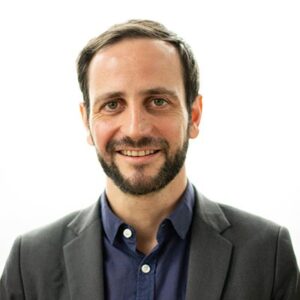No products in the cart.
The concept of sustainable development is taking an increasingly important place in public policy debates, both at national and global level, with the definition of new sustainable development goals by the United Nations in 2015.
This concept brings together very varied but interdependent notions on environmental protection, social inclusion, and the sustainability of economic growth. The current debates highlight the need to seek one or more new development models that address these different issues in a coherent manner.
In this spirit, the scientific objectives of the members of this scientific programme are to conduct research work at the crossroads of reflections on the dynamics of economic development, the analysis of human behaviour and the consideration of intra- and intergenerational equity issues, with points of application on the following themes :
- Poverty reduction, inequality and social inclusion :
- Poverty traps
- Social protection
- Inequalities and social justice criteria
- Demography, Human Capital and Development :
- Education, Health and Development
- Interactions between economic and demographic dynamics: the role of gender inequalities
- Migration and Development
- Work and development
- Analysis of health and pension systems :
- Ageing, sustainable financing and pricing of health and pension systems
- Economic epidemiology and health risk
- Efficiency analyses and multidisciplinary explorations in global health
- Environment :
- Adaptation to Climate Change
- Energy access and development
- Climate and migration flows
- Corporate Social Responsibility
For the part of this work that concerns developing countries, the research team benefits from a collaboration with the French Development Agency (AFD), and the Centre d’économie de la Sorbonne is an associated unit to Institut Recherche Développement (IRD) which has made sustainable development a strategic priority for several years.
The sustainable development scientific program is the main research support for the Master’s degree in Development Economics, in its two courses “Development Economics” and “Economics of Sustainable Development”.



















